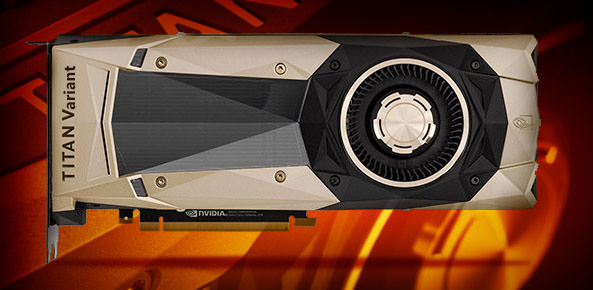The Register is reporting that Nvidia's Volta based flagship, the Titan V, may have some hardware gremlins that cause them to give different answers to repeated scientific calculations. One engineer told The Register that when running identical simulations of an interaction between a protein and an enzyme the results varied. After repeated tests on four Titan Vs, he found that two of the cards gave numerical errors about 10% of the time.
Shockingly, when The Register repeatedly asked Nvidia for an explanation, they declined to comment. Not something you want from a card marketed for such tasks, but hey, at least it plays games really well.
All in all, it is bad news for boffins as reproducibility is essential to scientific research. When running a physics simulation, any changes from one run to another should be down to interactions with the virtual world, not rare glitches in the underlying hardware.
Shockingly, when The Register repeatedly asked Nvidia for an explanation, they declined to comment. Not something you want from a card marketed for such tasks, but hey, at least it plays games really well.
All in all, it is bad news for boffins as reproducibility is essential to scientific research. When running a physics simulation, any changes from one run to another should be down to interactions with the virtual world, not rare glitches in the underlying hardware.
![[H]ard|Forum](/styles/hardforum/xenforo/logo_dark.png)

